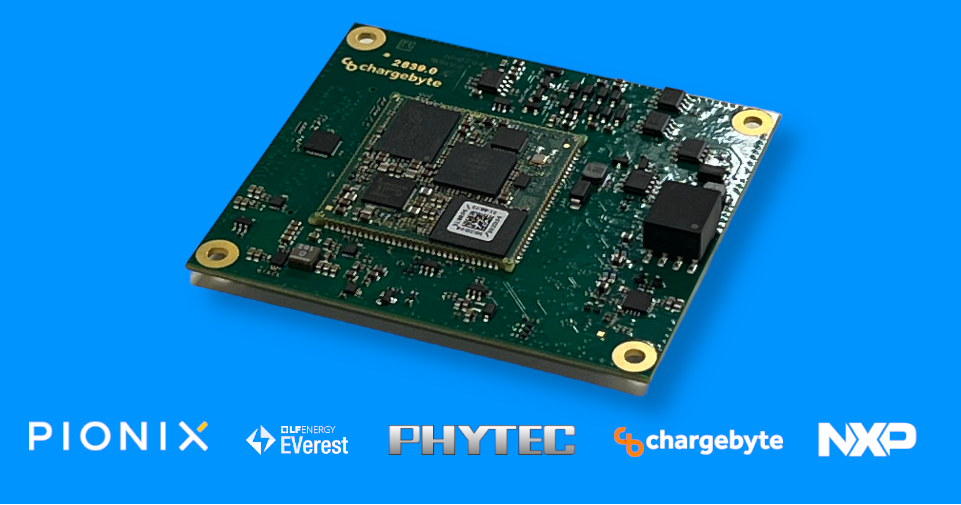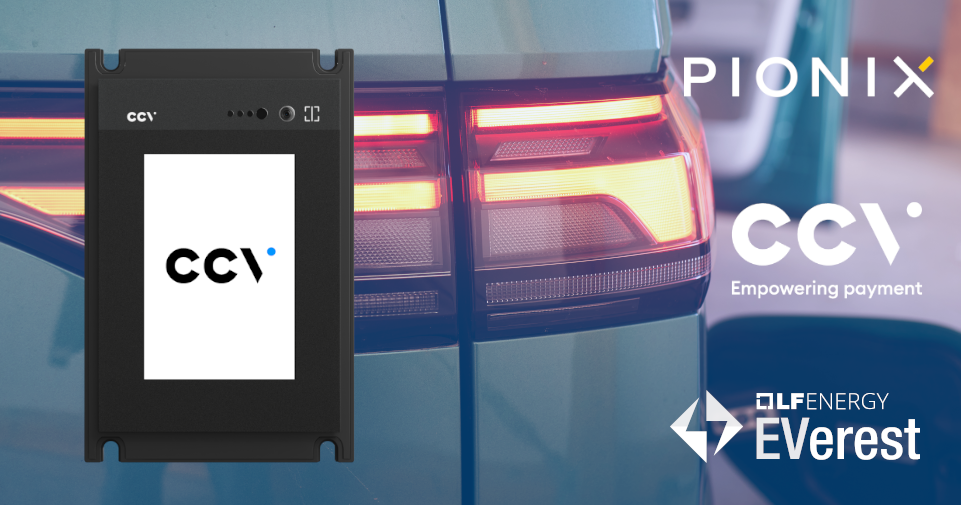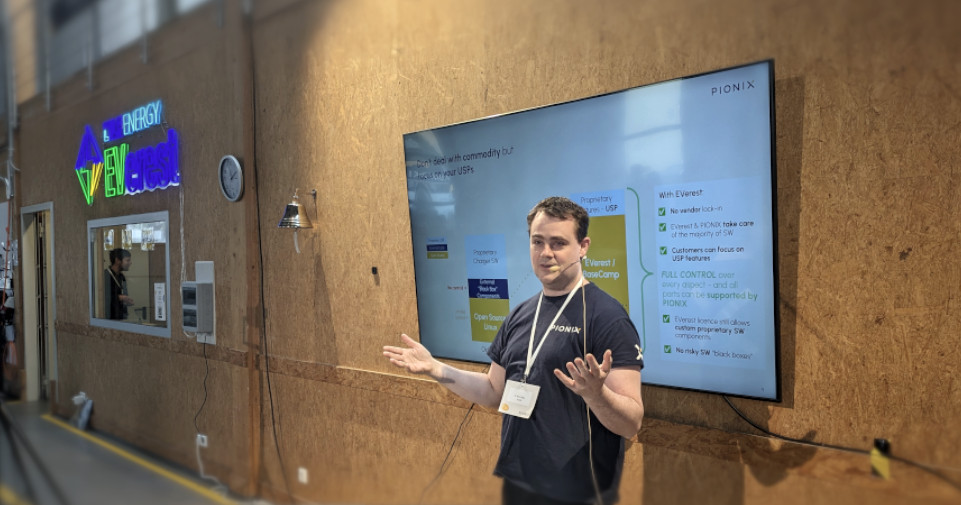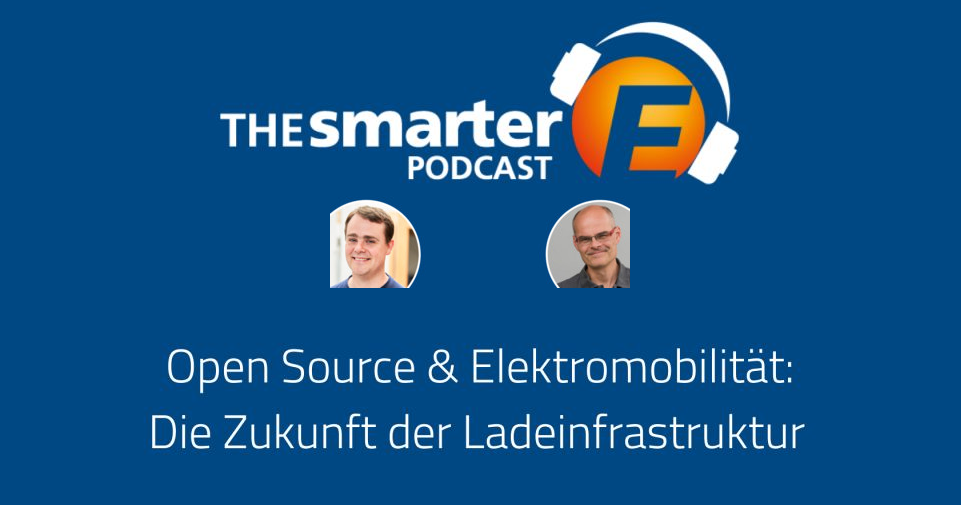U.S. Joint Office of Energy and Transportation Partners With Linux Foundation Energy to Improve Reliability and Interoperability of EV Charging Nationally.
This news appeared initially on LF Energy's website.
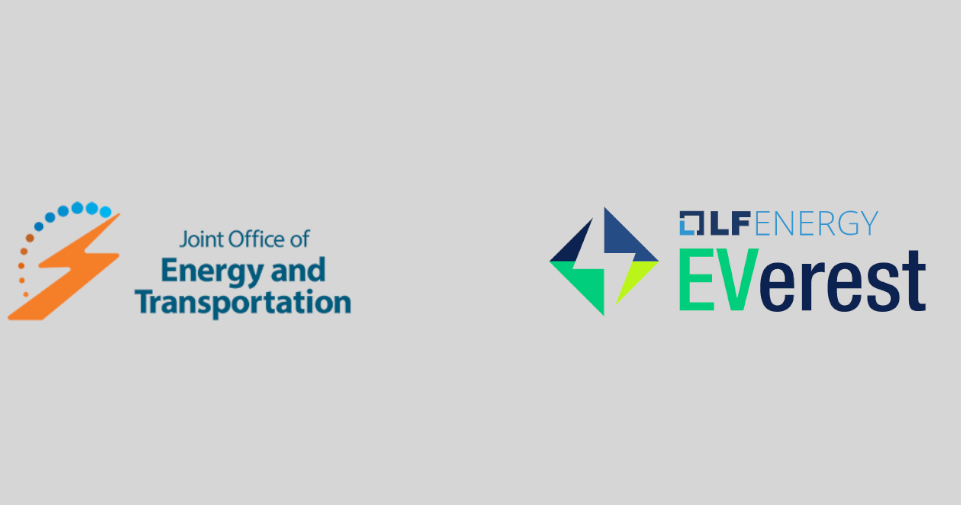
Using LF Energy’s open source EVerest Project as a reference framework, the partnership will speed deployment of interoperable EV chargers across the U.S.
SAN FRANCISCO – January 22, 2024 – LF Energy is partnering with the U.S. Joint Office of Energy and Transportation (Joint Office) to build an open source reference implementation for electric vehicle (EV) charging infrastructure. LF Energy’s EVerest project will develop and maintain an open source software stack for energy communications across charging stations, vehicles, generation resources, batteries, adjacent chargers, power grids, backend payment systems, user interfaces, and mobile devices. This will reduce instances of incompatibility that result from proprietary systems and make charging more reliable for EV drivers.
Reliable charging is key to ensuring that anyone can confidently choose to ride or drive electric. Reliability and interoperability issues often stem from a lack of standardization that can impede communications between the vehicle and charger, or payment processing. The collaborative development model offered by open source and the neutral governance structure provided by LF Energy will speed the adoption of EVs and decarbonization of transportation in the United States by:
- Accelerating development and deployment
- Increasing customizability for different use cases
- Offering long-term maintainability
- Avoiding vendor-lock in while enabling a commercial support ecosystem
- Ensuring high levels of security
The Joint Office will dedicate resources to improving the EVerest project, including coordination, community engagement, and software code. Dr. K. Shankari, who serves as principal software architect for the standards and reliability program at the Joint Office, has also been appointed to the EVerest Technical Steering Committee which sets the technical direction for the project. This is a pioneering example of the federal government collaborating to deploying code into an open source project. With the National Electric Vehicle Infrastructure (NEVI) Standards requiring that EV chargers conform to Open Charge Point Protocol (OCPP) 2.0.1 no later than February 28, 2024, it is urgent that charger manufacturers consider a standardized reference implementation that is OCPP 2.0.1 compatible such as EVerest.
“The EVerest project has been demonstrated in pilots around the world to make EV charging far more reliable and reduces the friction and frustration EV drivers have experienced when a charger fails to work or is not continually maintained,” said LF Energy Executive Director Alex Thornton. “We look forward to partnering with the Joint Office to create a robust firmware stack that will stand the test of time, and be maintained by an active and growing global community to ensure the nation’s charging infrastructure meets the needs of a growing fleet of electric vehicles today and into the future.”
LF Energy EVerest is an open source modular framework for EV charging, consisting of multiple modules which can be configured and customized for any necessary use case. In addition to OCPP, it also covers many other major industry standards such as ISO 15118-20 as well as flexible logic to connect all of them. EVerest was originated by PIONIX GmbH and contributed to LF Energy in early 2022. EVerest is licensed under Apache 2.0.
A webinar will be held on January 29 at 10 am US Eastern with representatives from the Joint Office and the LF Energy community to discuss this collaboration further and how other stakeholders can get involved. Free registration is now open.
About LF Energy
A first-of-its-kind initiative, LF Energy provides a 21st century plan of action to solve climate change through open frameworks, reference architectures and a support ecosystem of complementary projects. Strategic Members include Alliander, Google, Microsoft, RTE and Shell, in addition to over 60 General and Associate Members from across the energy industry, technology, academia, and government. Find further information here: https://www.lfenergy.org
About the Joint Office of Energy and Transportation
The Joint Office of Energy and Transportation was created through the Bipartisan Infrastructure Law (BIL) to facilitate collaboration between the U.S. Department of Energy and the U.S. Department of Transportation. The Joint Office aligns resources and expertise across the two departments and provides support and expertise to a multitude of programs that seek to deploy a network of electric vehicle chargers, zero-emission fueling infrastructure, and zero-emission transit and school buses.

